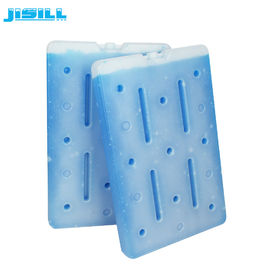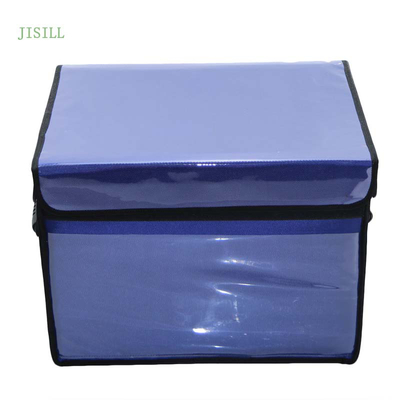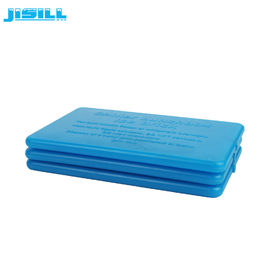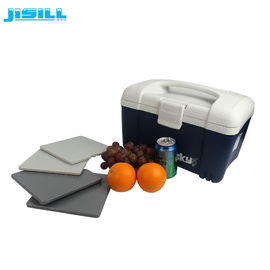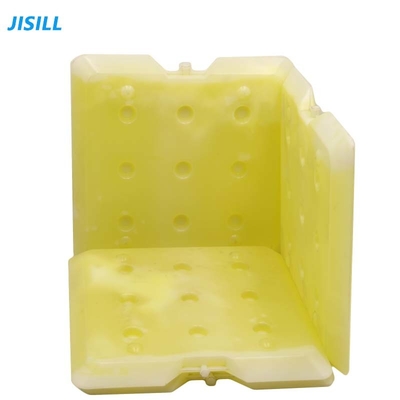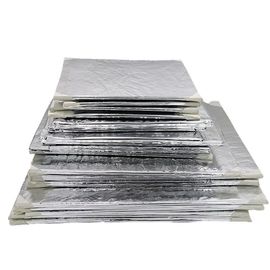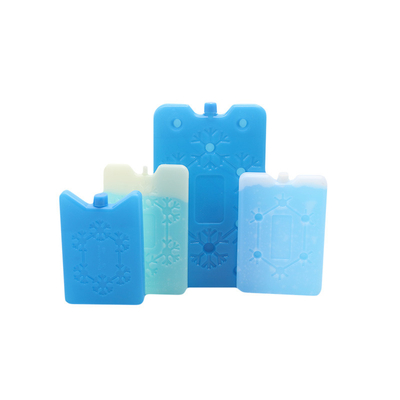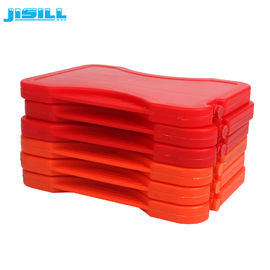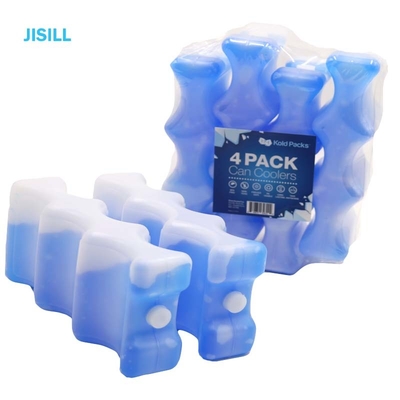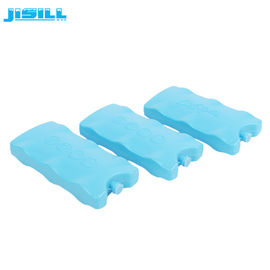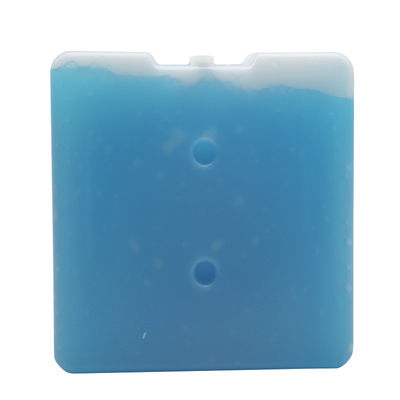
Various fruits have also been on the market one after another, and the fruits are in a peak sales season. Domestic fruits have always had the problem of uneven distribution, so most fruits need to be transported through the field to meet the daily needs of urban residents. However, fruits are susceptible to the effects of maturity; mechanical injury; transportation environment, etc. Therefore, if you want to guarantee the quality of fruit transportation, Tech Ice recommends that you need to meet the following basic requirements when transporting fruits:
The above conditions are only the basic conditions for the transportation of all fruits. The following small series will specifically introduce you to the transportation and packaging requirements and preservation methods of several common fruits:
1. Cherry
The suitable temperature for cherry refrigeration is 1-1℃, the relative humidity is 90%-95%, under this condition, the storage period can reach 30-40 days. The cherries are pre-cooled before storage, processed and packaged after harvest, and finally stored in storage. For long-distance transportation, it is necessary to ensure appropriate temperature and humidity. The most scientific packaging method is to put cherries in bags, then foam box + absorbent paper + bubble pad + fresh ice pack (technical ice), seal the foam box, and put it into the carton for transportation. .
2. Blueberries
Blueberries must be pre-cooled (vacuum cooling, cold water cooling, cold air cooling) and stored at a low temperature below 0°C-1°C. Even during transportation, they must be kept at a temperature below 0°C-1°C, so they must be done during transportation Good preservation measures to avoid temperature fluctuations. The fruit transported should also be fresh, free of rot, spoilage, overmaturity and other phenomena.
3. Lychee
Litchi is stored and transported at low temperature, and the temperature should be controlled at 1-5℃. At present, most foam boxes are packaged and transported. Since the lychee is not pre-cooled after harvesting, the fruit carries a lot of field heat, and the fruit itself has a strong respiration. Therefore, a sufficient amount of ice and lychee must be contained in the foam box It discolors in case of water, so it is recommended to use "technical ice" without a drop of water after melting to keep fresh.
4. Grapes
It is generally recommended to use refrigerated trucks for refrigerated transportation or foam boxes + technology ice to keep fresh. The suitable transportation temperature is 0℃~3℃. The transported grapes should not be over-ripe, without falling grains, without spoilage, mildew, mechanical injuries, etc. The packaging must be pressure-resistant and ventilated, with each piece weighing no more than 20 kg.
5. Peach
Peach is a delicate fruit with a water content of up to 85%, which is easily broken and spoiled during storage and transportation. The ripeness of the peach for transportation should be 7-8, and it is not suitable for transportation if there is mechanical injury or softening. The weight of each piece is preferably about 10 kg. There is a soft cushion material + fresh ice pack in the package. The suitable transportation temperature is 0 ℃ ~ 3 ℃. It is recommended to use a refrigerated truck for shipment.
6. Apple
The apples to be transported should be fresh and free from rot, spoilage, and over-ripening. Can be packed in boxes and baskets. The weight of each piece of cargo shall not exceed 35 kg, preferably 20-25 kg. The suitable transportation temperature of apple is 0℃~3℃. Therefore, it is generally recommended that customers use refrigerated trucks to transport apples in order to better control the temperature.
7. Pear
Because the pear juice is rich: the meat is brittle and not resistant to storage and transportation, the transported pears should not be rotten, cracked, over-ripe and so on. Carton, calcium plastic box or strip basket can be used for packaging, and it has sufficient strength. The weight of each piece should not exceed 35 kg, preferably 15-20 kg. At the same time, pears are cold-resistant, and the suitable transportation temperature is -1.5℃~0℃.
The above are common fruit transportation requirements.

 Your message must be between 20-3,000 characters!
Your message must be between 20-3,000 characters! Please check your E-mail!
Please check your E-mail!  Your message must be between 20-3,000 characters!
Your message must be between 20-3,000 characters! Please check your E-mail!
Please check your E-mail! 
